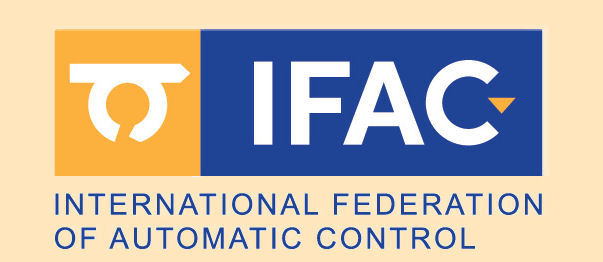| Paper ThuS3T1.5
ROCHD, Abdelilah (ENSET Mohammedia, Hassan II University of Casablanca, Morocco), HOURAN, Nouriddine (Innovative Technologies Laboratory, ENSA, Sidi Mohamed Ben Abdel), BENAYAD, Mohamed (Geosciences Laboratory, Faculty of Sciences-Ain Chock, Hassan II), LAAMIM, Mohamed (Laboratoire des Sciences de l’Ingénieur & Biosciences (LSIB), Fa), Kissaoui, Mohammed (Hassan II University of casablanca, Morocco), RAIHANI, Abdelhadi (Hassan II university of Casablanca (Morocco), ENSET Mohammedia (), ALLOUHI, Amine (Innovative Technologies Laboratory, ENSA, Sidi Mohamed Ben Abdel), SUN, Hongjian (Department of Engineering, Durham University, Durham, DH1 3LE, U)
Towards Smart EV Charging: Assessing the Flexibility Provision Potential of Electric Vehicle Charging Stations for Cost-Effective Grid Responsiveness
Scheduled for presentation during the Invited Session "Advanced Control Techniques for Energy Conversion Systems-2" (ThuS3T1), Thursday, July 11, 2024,
16:50−17:10, Salle des conférences
12th IFAC Symposium on Control of Power & Energy Systems, July 10-12, 2024, Rabat, Morocco
This information is tentative and subject to change. Compiled on January 17, 2026
|


 This site is protected by copyright and trademark laws under US and International law.
This site is protected by copyright and trademark laws under US and International law.